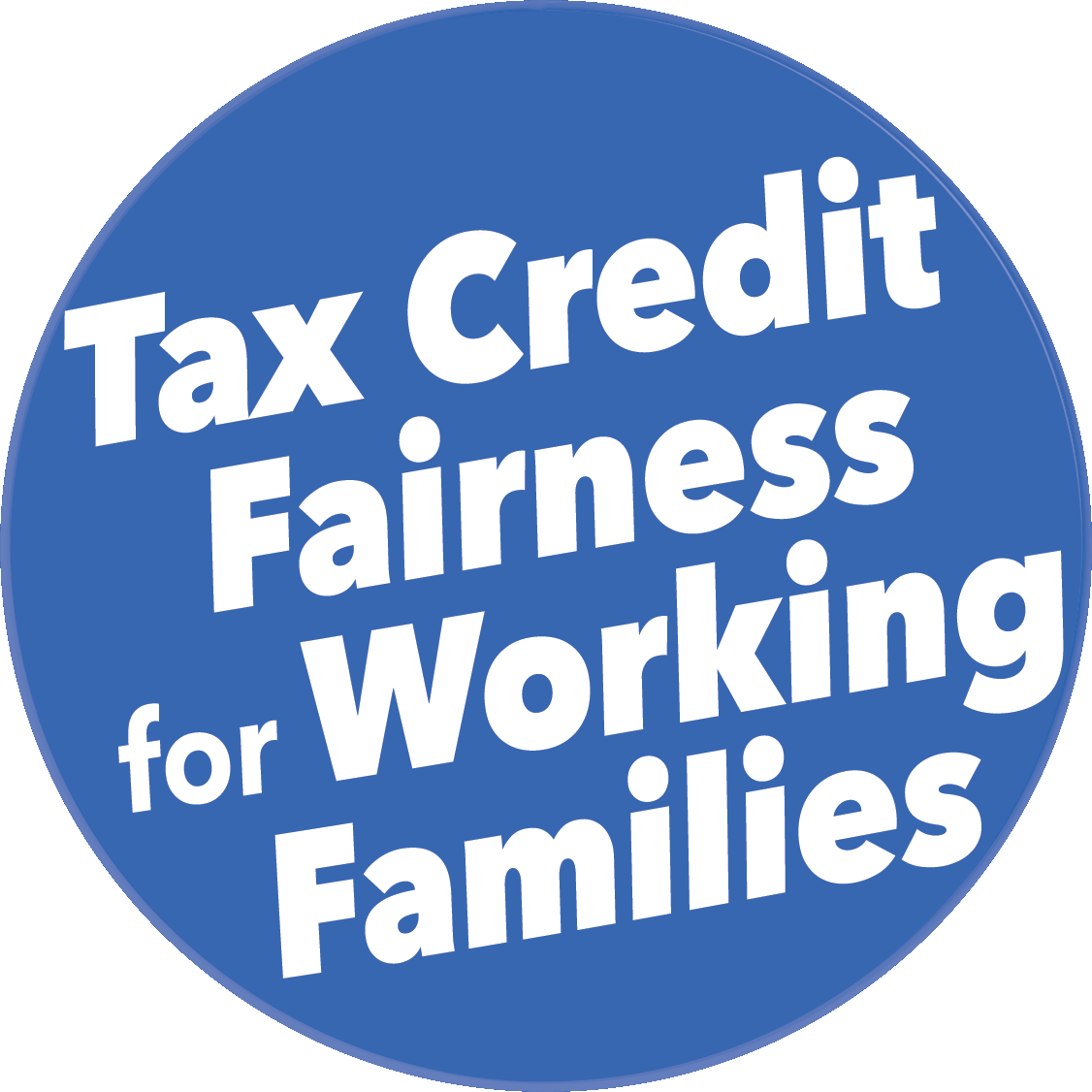The Difference Tax Credit Fairness Makes for Working Families
The Massachusetts Legislature passed a landmark tax package to expand the state Earned Income Tax Credit (EITC) and streamline existing dependent credits into a simplified, boosted Child and Family Tax Credit. While there is still work to be done, this is a big step toward tax credit fairness. The EITC was increased to 40% of the federal.
An Economic Difference
- The EITC lifts children out of poverty by putting more money back into families’ pockets.
- In 2018, the federal EITC kept 5.6 million people – over half of them children – out of poverty.
- The EITC lowers overall income inequality by 5-10% in a typical year, with a greater impact for Black households who are overrepresented in the bottom half of income distribution.
- EITC helps families maintain extended caregiving arrangements, which often allows one or both parents more flexibility to take on better-paying jobs.
An Education Difference
- Children who live in households that receive the EITC have better school performance, greater college enrollment, and increased work and earnings in adulthood.
- Research shows that these academic achievement benefits are amplified with the size of the EITC received, with some suggestion that the benefit of larger EITCs are greater for children of color.
A Health Difference
- Expansions in the EITC have been strongly associated with a decrease in infants born with low birth weights among pregnant women eligible for the credit. This relationship is significant because low birth weight is damaging to the long-term health and developmental potential of children and costly to the health system, yet few medical interventions are available that effectively reduce the risk of low birth weight.
- Mothers receiving the EITC are more likely to have signs of good health, including lower risk of high blood pressure and inflammation and reduced reports of depression and stress.
- Supplemental EITC programs have been found to increase health-related quality of life and longevity among people with low incomes.
A Quality of Life Difference
- Children in families receiving the EITC have fewer behavioral health problems, such as anxiety and depression.
- EITC payments are associated with lower state-level rates of child maltreatment reports. For each additional $1,000 in per-child EITC and CTC refunds, state-level rates of reported maltreatment declined in the week of and 4 weeks following by an estimated 5%.



About Our Coalition
The Healthy Families Tax Credits Coalition is a statewide nonpartisan network of advocates working to improve the health and well-being of Massachusetts children and families by expanding the state Earned Income Tax Credit (EITC) and passing a robust and inclusive Child and Family Tax Credit (CFTC). Our growing coalition is led by Children’s HealthWatch at Boston Medical Center and consists of community-based agencies, legal advocates, researchers, professional associations, social service providers, tax preparers, health providers, and Massachusetts workers and their families.
Formerly known as the Healthy Families EITC Coalition, since 2015 our network has successfully advocated to increase the state EITC, expand eligibility to survivors of domestic violence and abandoned spouses, and invest over $1.5 million annually to support the Volunteer Income Tax Assistance (VITA) program.
Learn More about the Healthy Families Tax Credits Coalition >
